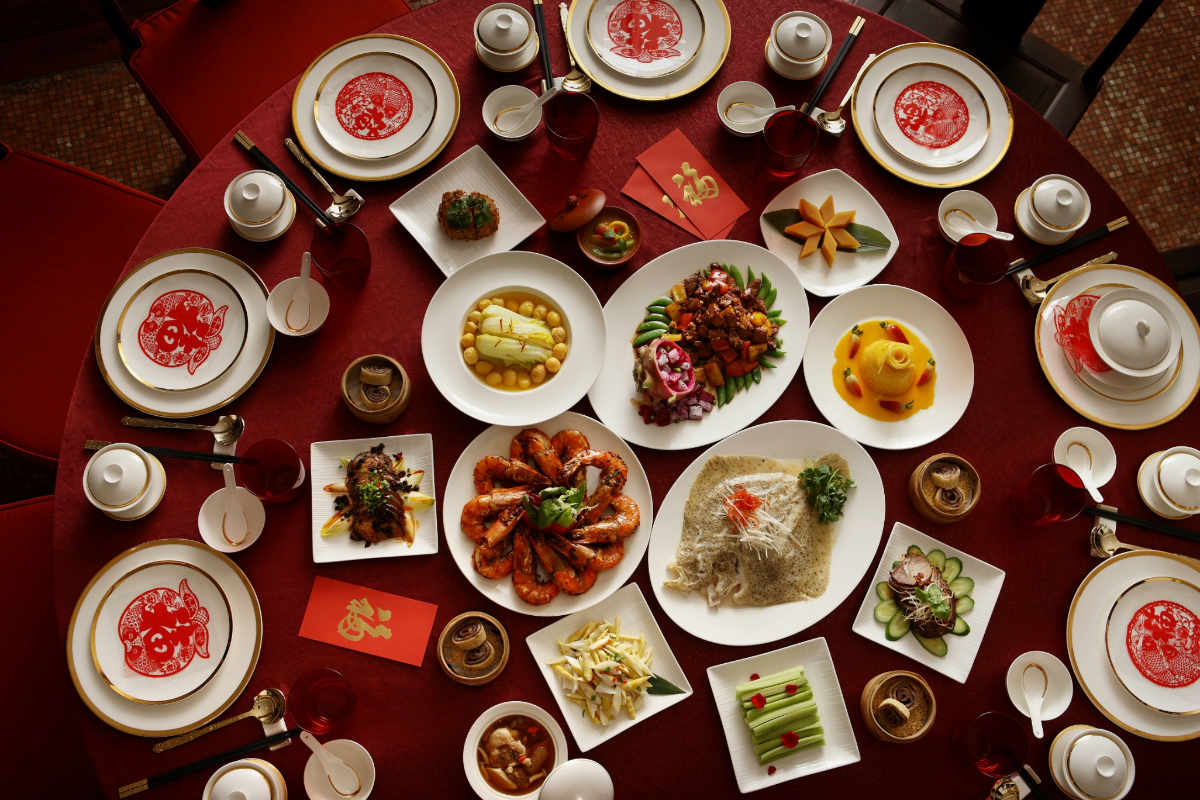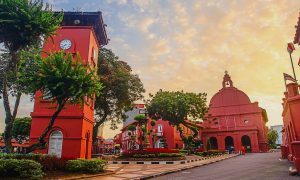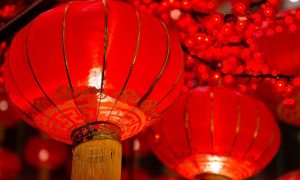If you’ve been to Chinese New Year open houses over the last week or so, I’m pretty sure the food served were one of the major highlights of the night. In fact, don’t be surprised if the same dishes and snacks are served in different houses. As with most of the decorations for festivities, each food has a meaning and symbolises something for the home for the new year — most representing wealth and prosperity. Here’s a look into the meaning of specific types of food, not just for the new year.
1. Noodles
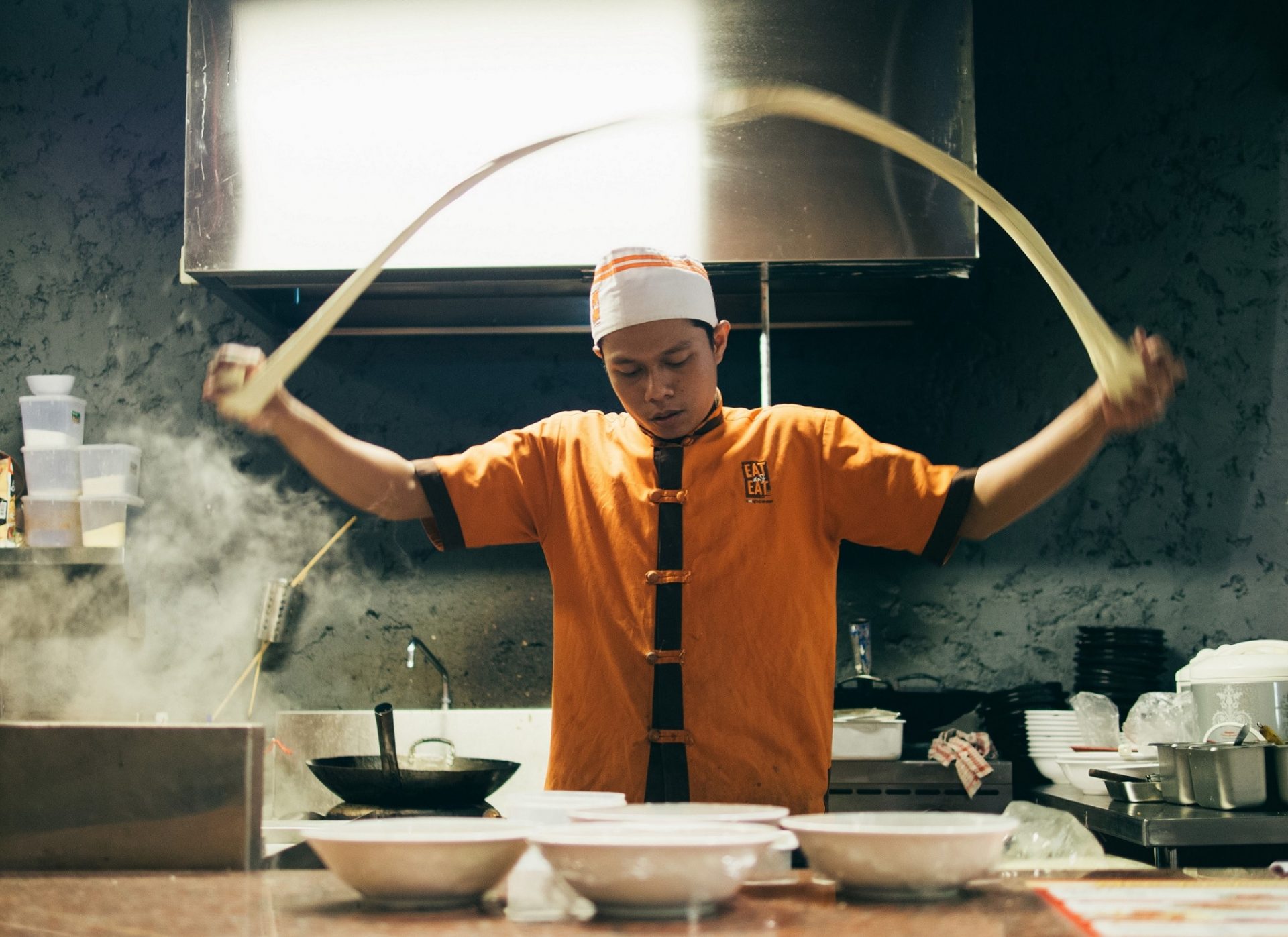
A birthday staple, noodles symbolise long life, specifically, dried unbroken glass noodles. Longevity noodles, as it’s called, is almost as important as a birthday cake as it emphasises one’s wish for a long life. If the noodles remain intact and long during preparation, it symbolises the person’s life. Typically, these noodles are made longer than normal noodles and can be served fried or boiled in a soup. As such, it is considered very unlucky to cut up a strand of noodles since it represents long life and happiness.
2. Dumplings
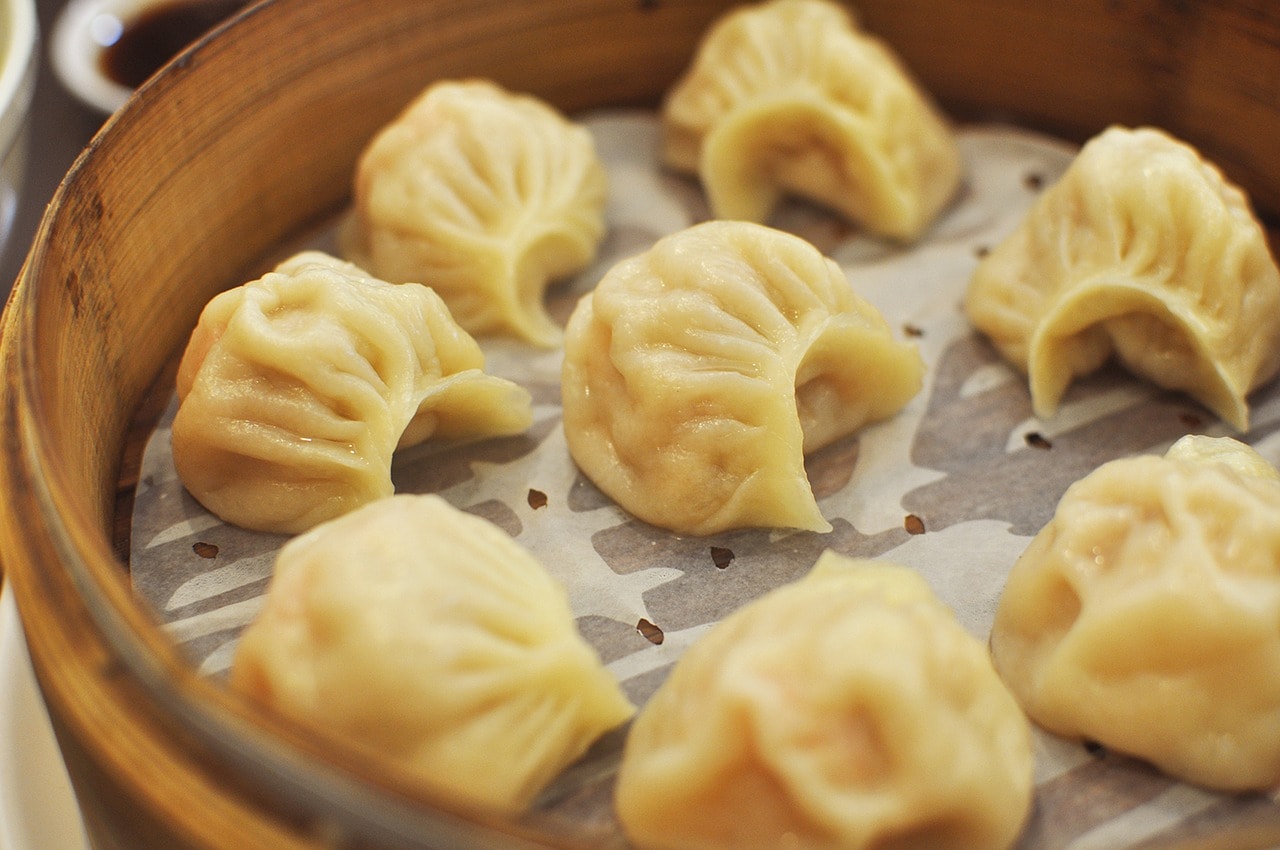
One of the most common Chinese New Year foods, dumplings — specifically jiaozi — symbolises wealth as it is shaped like the Chinese silver and gold ingots, which are boat-shaped. Rich in history dating more than 1,800 years ago, it is traditionally eaten on Chinese New Year eve in China. The myth is that the more dumplings consumed during Chinese New Year celebrations, the wealthier you’ll be for the new year.
3. Oranges
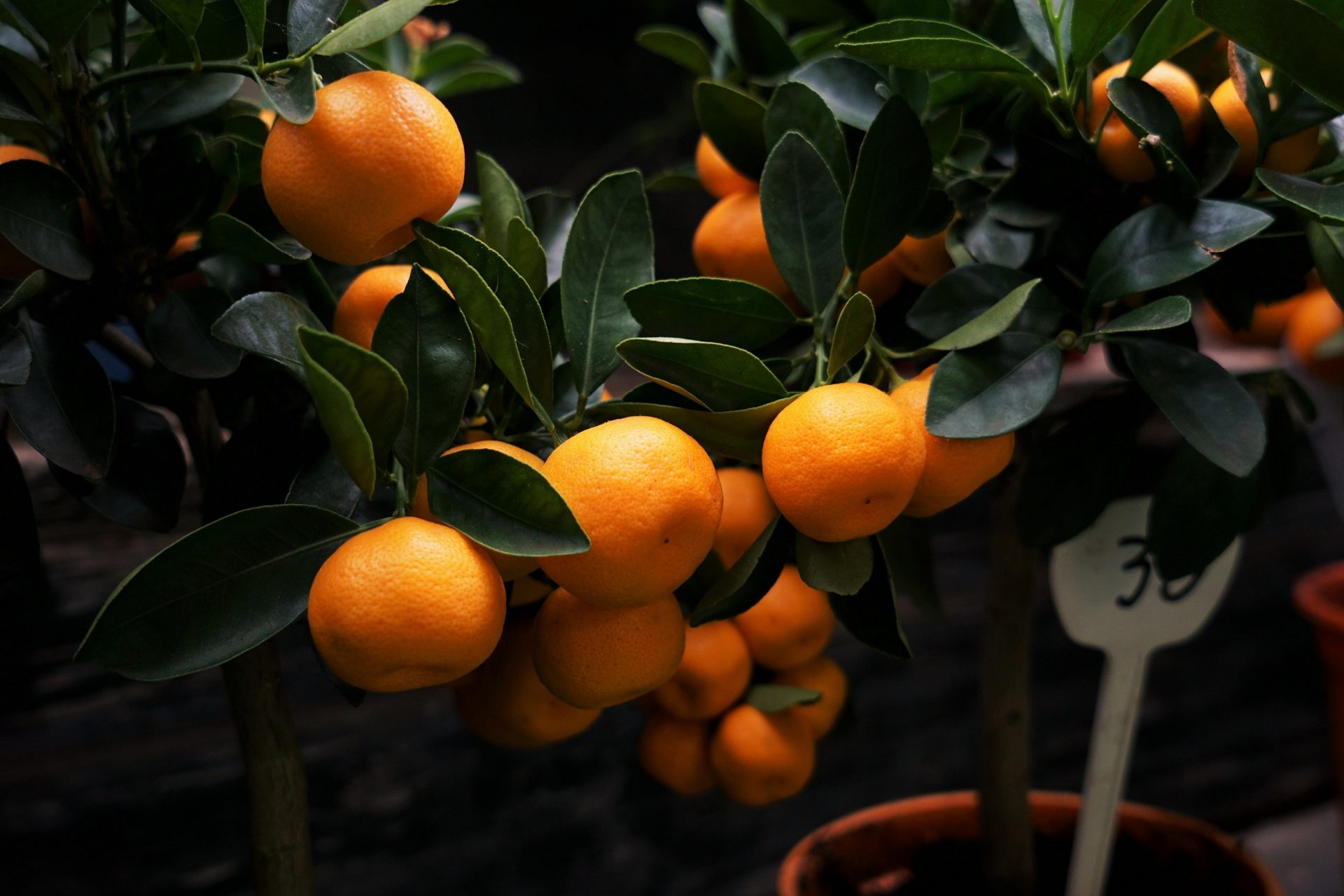
Symbolising wealth and good fortune, fruits such as oranges and tangerines are favourites for Chinese New Year due to their somewhat “golden” colour. The Chinese pronunciation and writing for oranges (sounds like “success”) and tangerines (contains the Chinese character for “luck”) is believed to bring good luck and fortune into the home, which is why it is eaten and displayed during Chinese New Year and auspicious occasions.
4. Spring Rolls
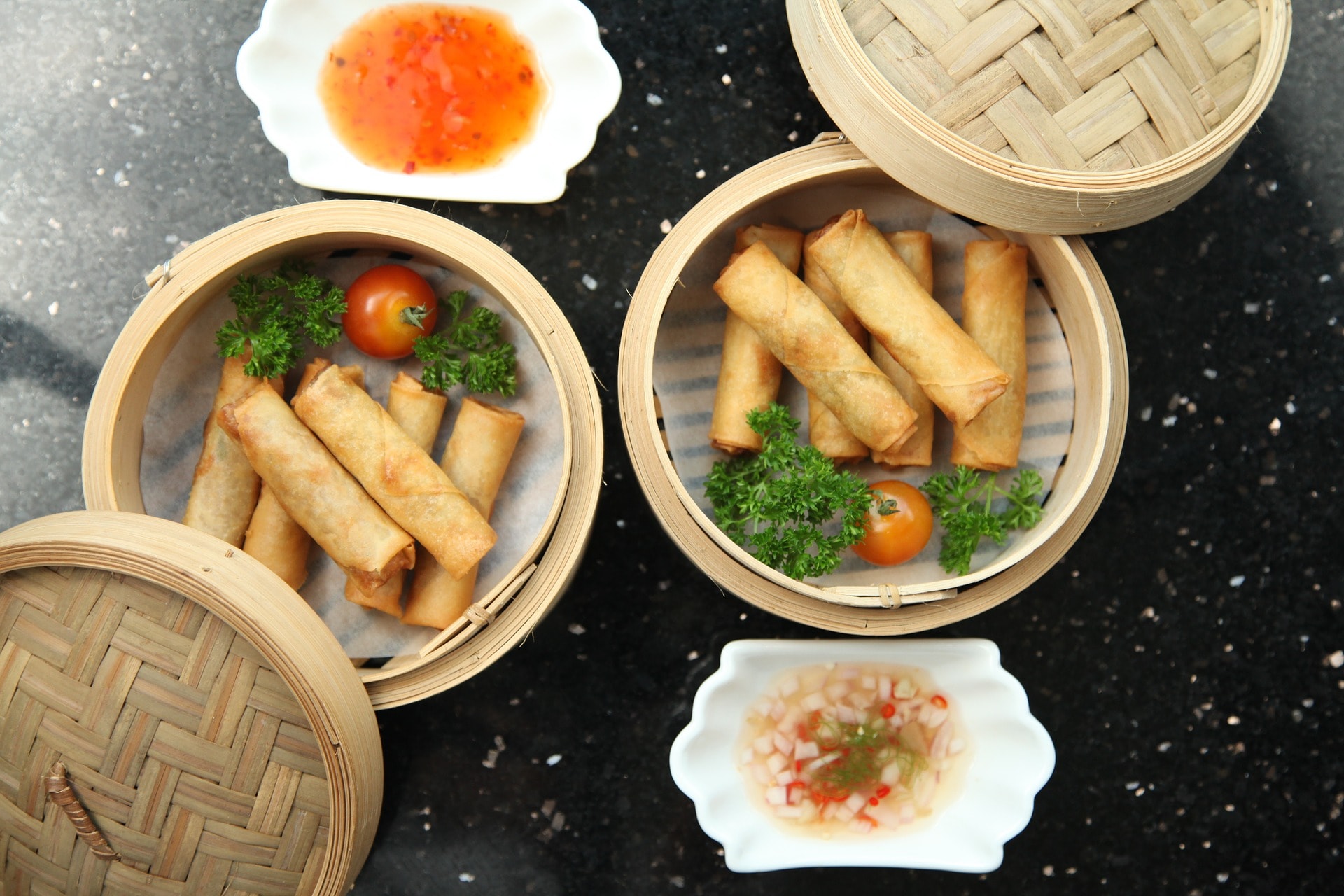
As the shape of spring rolls represent and resemble that of a gold bar, naturally the food itself symbolises wealth. Traditionally made during the Spring Festival, the rolls are filled with vegetables, meat, or something sweet, then fried until it’s golden. It is popular in East China, specifically Jiangxi, Jiangsu, Shanghai, Fujian, Guangzhou, Shenzhen, and Hong Kong.
5. Fish
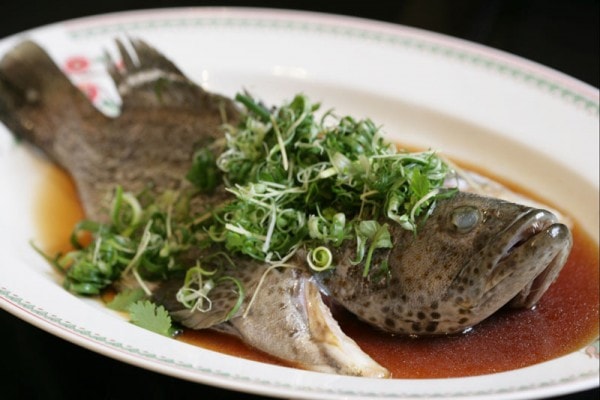
The word for fish in Chinese sounds like “surplus”, translating to “having leftover money” and increased prosperity. The logic behind this is that if by they end of the year they have managed to save something, they’ll save more in the coming year. With this in mind, some choose to have whole fish as the last dish, making sure that the head of the fish faces the elders or guest of honour and that there is leftover fish on the plate. The meaning of fish also delves deeper in regards to the different types of fish as well.
6. Seeds
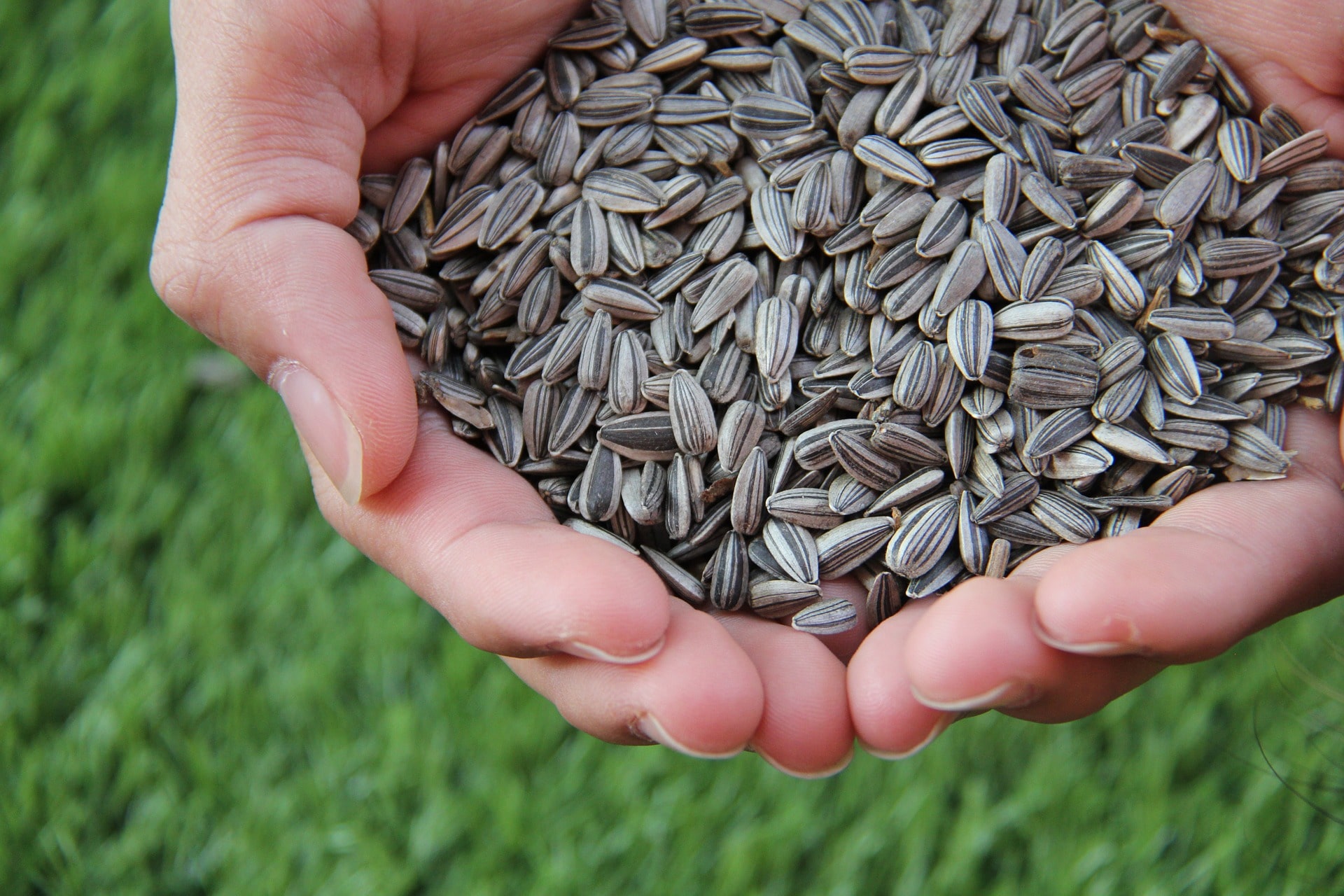
If you’re trying to have children, then have some sunflower, lotus, or watermelon seeds on hand. Representing the the abundance of harvest and fertility, it is also sometimes seen at wedding ceremonies.
All in all, you may not believe some of the superstitions and meaning behind these foods, but we can all agree that it’s delicious nonetheless.
"ExpatGo welcomes and encourages comments, input, and divergent opinions. However, we kindly request that you use suitable language in your comments, and refrain from any sort of personal attack, hate speech, or disparaging rhetoric. Comments not in line with this are subject to removal from the site. "


